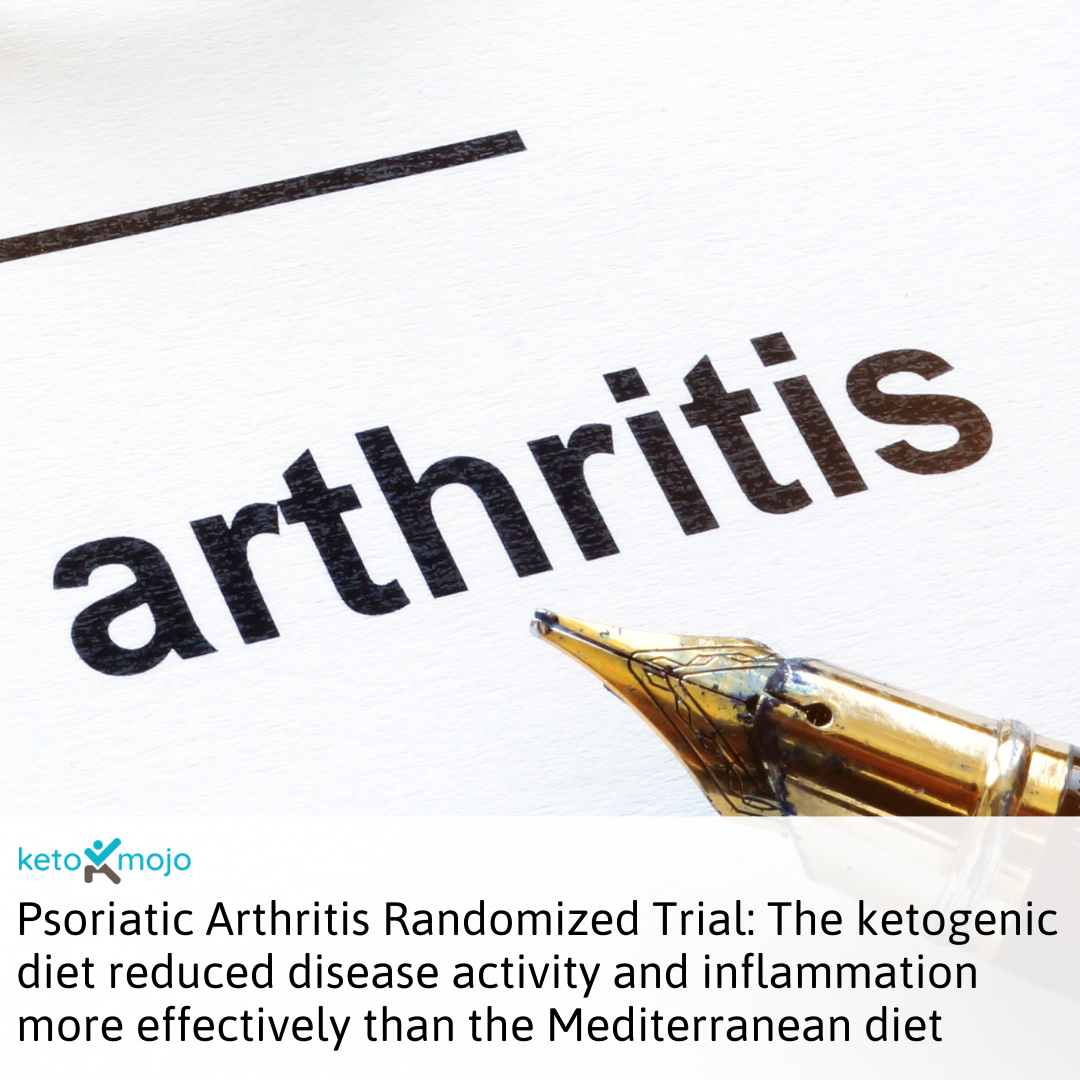General Health, Immunological, Neurology, Obesity
The effect of a ketogenic diet versus Mediterranean diet on clinical and biochemical markers of inflammation in patients with obesity and psoriatic arthritis: a randomized crossover trial

Psoriasis and psoriatic arthritis are autoimmune conditions characterized by chronic inflammation and significant impacts on quality of life. Although the impact of diet on disease activity and inflammation in these conditions is increasingly recognized, there is still limited comparative data on the effects of specific dietary patterns
In a recent study, researchers evaluated the effectiveness of a Mediterranean diet versus a ketogenic diet on clinical and biochemical markers of inflammation in patients with psoriatic arthritis and obesity.
In this randomized crossover trial of 26 people, half of the participants followed a Mediterranean diet and the other half followed a ketogenic diet for eight weeks. After a six-week washout period, the groups switched diets for the next eight weeks. Both dietary interventions were designed to provide about 1550 calories per day.
Key findings:
- Weight and body composition: The Mediterranean diet and ketogenic diet significantly reduced participants’ weight, BMI, waist circumference, total fat mass, and visceral fat. However, the ketogenic diet led to greater reductions in all of these markers.
- Disease activity and inflammation markers: The ketogenic diet led to significant reductions in the Psoriasis Area and Severity Index (PASI), Disease Activity Index for Psoriatic Arthritis (DAPSA), and inflammatory cytokines IL-6, IL-17, IL-23. The Mediterranean diet did not result in significant changes in any of these markers.
These results demonstrate that ketogenic and Mediterranean diets may help people with obesity and psoriatic arthritis lose body fat. In addition, the ketogenic diet seems to provide significant benefits on psoriatic indices and markers of inflammation in this population. The authors emphasize the need further large-scale studies to explore dietary interventions for managing autoimmune disease.




